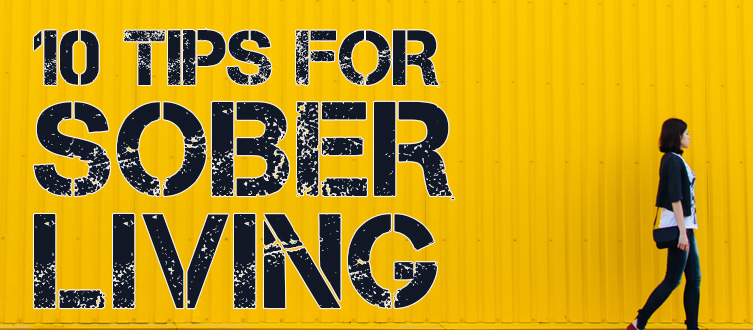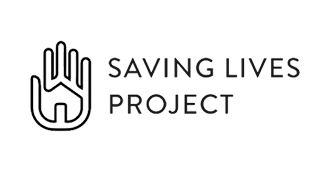So you’re finally sober. Now what?
Now that you don’t have the high to occupy your mind or motivate you to get out of bed each day, do you really know what to do with yourself at all?
It’s a common struggle, an unavoidable fear that many people deal with as they enter into sobriety. Though sobriety is absolutely essential to your health and survival, it’s often a difficult process of relearning what it means to be alive without the filter of drugs and alcohol to color your experiences. Each day is a new opportunity to learn how to exist in the world without substances.
As exciting as this can be, it’s also a little bit nerve-wracking. Here are 10 tips for sober living that will help you make it through.
1. Trust the process.
Before you even begin, take the time to really trust the process. There will be days when sobriety really sucks and days when you hate yourself more than ever before. There will be days when all of the hard work that you’re putting in hardly seems worth it.
This is when you continue, anyway.
Trust the process, trust that these low points are a part of the journey. They will be difficult and they will be dark, but it’s a part of the process. If you can get yourself through these moments, then you can get yourself into an abundant and sober life.
2. Equip your brain with meditation.
Everyone’s talking about it and for good reason: meditation works. It increases our ability to focus for longer periods of time, to be more patient, to sleep better, and to resist distractions. By supporting your brain in these ways, you’ll be better equipped to deal with cravings, triggers, and distracting thoughts that might otherwise impair your sobriety.
3. Spend time outside.
Nature is incredibly healing, not to mention downright beautiful. Give your nervous system a break every once in awhile from the overstimulating modern life and get yourself outside. Let the sun, fresh air, and plants provide an all-natural comfort that your body was made to receive.
4. Date yourself, not others.
As good as it feels to bond with others over hardships, dating during recovery is just not a good idea. You’re learning how to be sober and how to establish healthy boundaries with others for the first time in your adult life. Now is not the time to throw a new and confusing relationship into the mix. Instead, date yourself. Get to know yourself. Learn what makes you tick, what excites you, what upsets you, and what is important to you. Once you know these things about yourself, it will be easier to date others.
5. Surround yourself with support and love.
Being an addict is incredibly isolating, so spend your sobriety with others. Surround yourself with the people in your life that support your sobriety and shower you with love. Sometimes it’s hard to tackle each day on your own, so that extra support and love will serve as your anchor.
6. Take it one moment at a time.
Things will get rough, it’s inevitable. When they do, remember that the moment will pass. Don’t try to solve all of your problems for all of eternity. Instead, see how you can support yourself in getting through the moment you’re in. And then when the next moment comes, support yourself through that one too.
7. Make new friends who have healthy habits.
An important part of the process is making new friends. After all, your old social circle is likely the friend group that condoned your addiction, so it’s important to stay away from that (as sad as it can be, at times). Make the effort to make new friends who don’t use any substances so that you can still be socially supported without being tempted into a relapse.
8. Practice everything in moderation.
For many, the recovery process simply means transferring one addiction to another. Instead of being addicted to opiates, the addiction turns to running or cooking or veganism or church. They replace all of their free time with a new hobby or obsession for fear that they might relapse into their drug addiction. While this certainly helps many get out of the throes of addiction, it does little to support your brain in recovery.
Why?
Because your brain is still acting like that of an addict, making it no less difficult to resist a craving because the neural pathways for rewards and addictions haven’t changed yet. So while new hobbies are empowering, make sure that you take them in moderation.
9. Make the effort to heal your wounds.
Being sober isn’t all there is to sobriety. The process of working through your inner demons and healing old wounds is essential to long-term recovery. It is through this kind of work that you can prevent falling into an addiction, rather than always cleaning up the mess afterward.
10. Enjoy the experience of being sober.
Don’t forget to enjoy being sober! Notice the details of your daily life, the way the light shines through the curtains or the way the crisp air makes your skin tingle. Notice the way your loved ones smile, the way your meal satisfies you both physically and emotionally. You’ve lived enough time under the numb cloak of addiction, so take a look around and see how beautiful life is when you can truly experience it!







COMMENTS